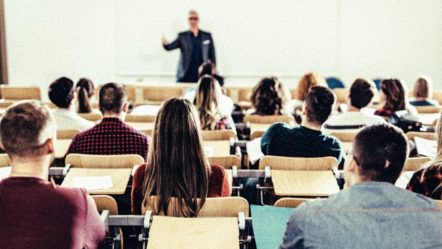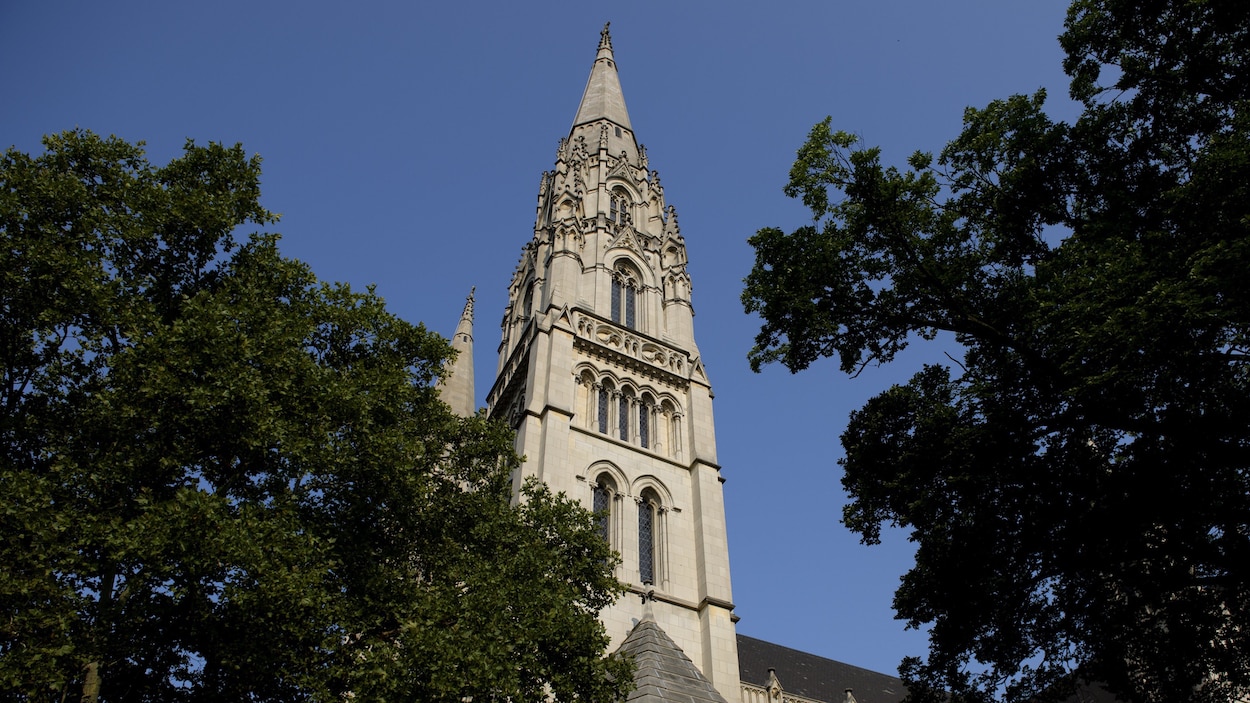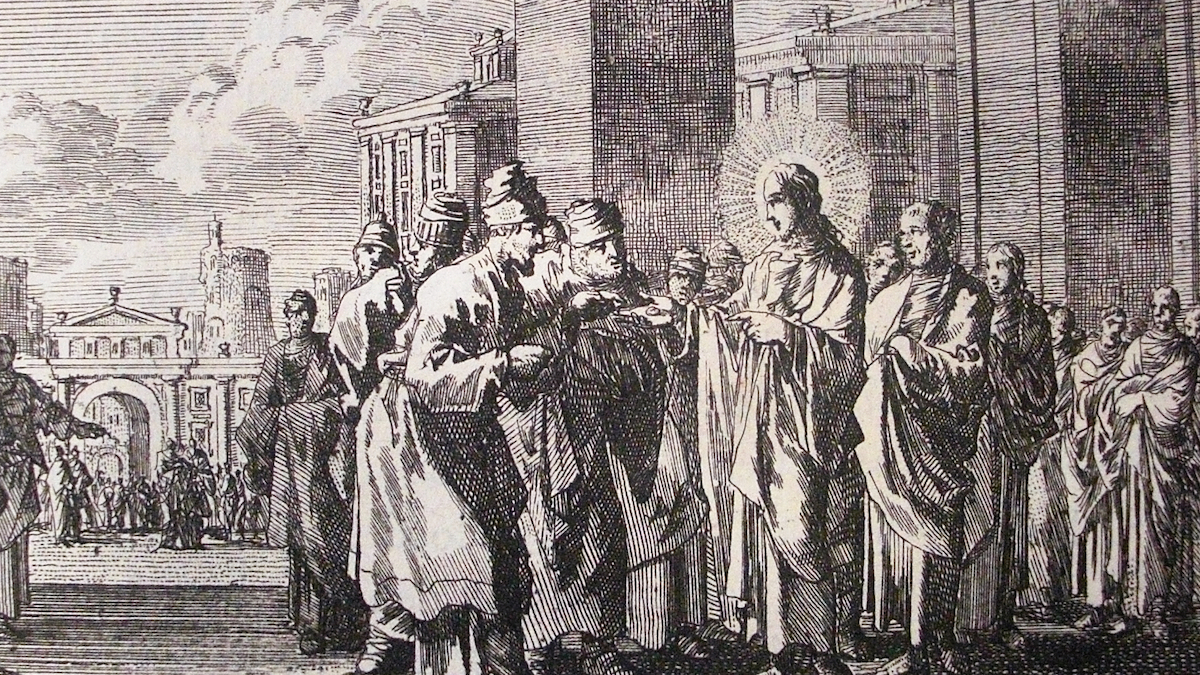The concept of academic freedom is centuries old and has been modified over time. Since 1940 it has had these guiding principles: Teachers are to have “full freedom in research and in the publication of the results,” as well as “freedom in the classroom in discussing their subject(s).” Also, “when [college and university teachers] speak or write as citizens, they should be free from institutional censorship or discipline.” In addition to these entitlements, teachers have “special obligations,” notably that “they should at all times be accurate, should exercise appropriate restraint, [and] should show respect for the opinions of others.”
The effect of academic freedom on education has been mixed. On the one hand, it has had the positive effect of protecting teachers from being controlled by administrators and outside agencies in ways that undermine the learning process. On the other hand, it has prevented the removal of faculty who are either incompetent or derelict in honoring their obligations to students. Such dereliction has increased in recent years.
The main cause of faculty ignoring their obligations can be traced to the 1960s when the traditional view of truth was challenged by influential psychologists who taught that truth is not objective but instead subjective and personal, which meant that mutually contradictory views could be equally true. Though this may have seemed fair-minded and democratic, it was anything but. Moreover, few if any of its champions anticipated its unfortunate consequences, which included the following:
The idea that everyone could fashion his or her own truth undermined research, rationality, and meaningful dialogue, and made teaching and learning difficult at best.
Teachers who believed everyone has his/her own truth saw no point in teaching students how to seek truth.
Opinions didn’t need to be supported by facts, so having the right to an opinion came to mean every opinion is right.
With everyone believing he/she was filled with knowledge, the phrase “I don’t know,” became obsolete, and the act of wondering and the motivation to learn were significantly diminished.
Exams lost their purpose. Why test to determine students’ grasp of facts if facts no longer matter? If any answer students might give was “correct for them,” it became pointless to speak of success and failure.
Grading incompetent students differently from competent ones was no longer seen as a logical and necessary procedure but instead as a form of discrimination.
Given such a context, both lectures and class discussion became fruitless. No one would need to listen to what anyone else—including the professor—had to say. Nor was there any point in reading textbooks.
At the same time students were being taught that they could create truth, a related and equally disruptive idea was gaining force–that the key to achievement is to have high self-esteem. Students were told that questioning their own opinions and values is detrimental to their mental health; and allowing others, including parents, to question them is even worse. Tragically, wherever this lesson was offered, instruction in critical and creative thinking (which had only recently been accepted by educators) was largely cast aside.
Many professors became absorbed in believing that their personal opinions were synonymous with truth and their self-esteem demanded that they share those opinions with others. These beliefs motivated them to impose their “truths” on students rather than teach what they were being paid to teach. When students became brainwashed to reject traditional beliefs, woke mentors were delighted. What such professors did not realize, however, was that at some point students would start following the path their mentors had taken—reject objective truth, ignore what others believe, follow your impulses, and create your personal truth. In other words, at some point students would ignore not only their parents and traditional teachers but their “woke” professors as well.
It seems clear that these changes in education will make the next generation of educators even more out of touch with tradition and more dismissive of rationality than the present generation.
To summarize, more than a generation of professors and their students have embraced an absurd philosophy that holds truth to be intellectual putty that every individual can twist to the shape of his/her wishes, whims, fantasies, or hallucinations, a view that not only mocks past intellectual achievements but thwarts future ones.
The only way to reverse this intellectual downslide is to regain the traditional perspective on education, the fundamental principles of which are these:
Truth is objective and therefore cannot be created but must instead be sought and separated from falsehood. Advancement in knowledge and understanding requires an open mind, a sense of wonder, and a desire to learn. Opinions may be valid or invalid and therefore must be evaluated before being embraced. Sound judgment depends on listening carefully to different viewpoints, weighing their relative merits, and embracing those supported by the evidence no matter what one’s feelings or wishes might be.
Unless these fundamental principles are restored and education is reformed accordingly, the unfortunate consequences described above are certain to multiply.
Copyright © 2023 by Vincent Ryan Ruggiero. All rights reserved








